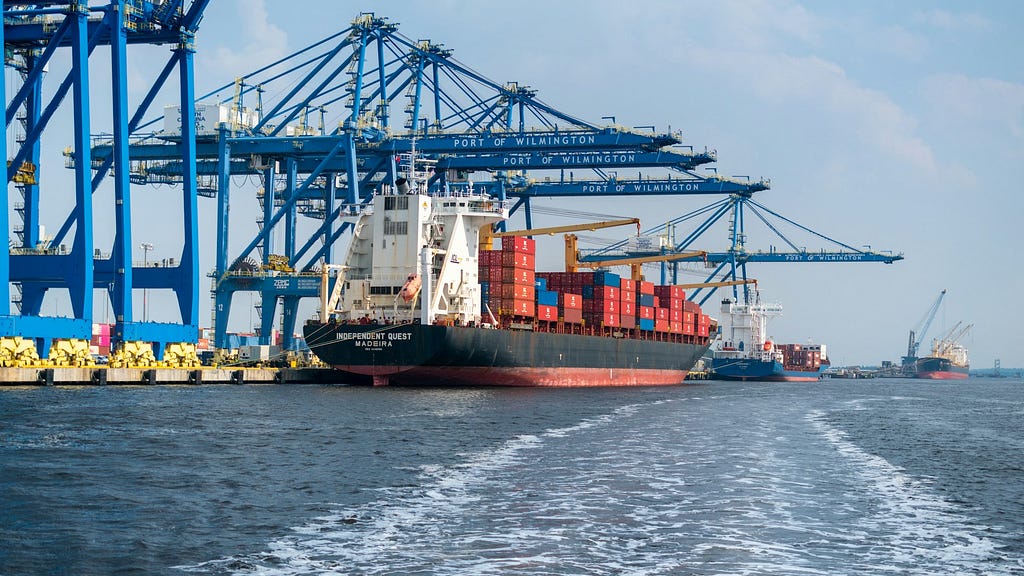Data Security in the Maritime Industry: The Case for A New Approach

The maritime industry, increasingly reliant on digital systems for navigation, communications, and logistics, faces growing cybersecurity threats. With vessels now connected to broader networks, shipping companies face escalating risks from both data breaches and cyberattacks. The need to secure client data on end-of-life systems has never been more pressing. When it comes to safely disposing of outdated or legacy storage devices, organizations should turn to robust data destruction methods to meet these cybersecurity requirements.
To safeguard against data breaches, maritime organizations can use the DataGauss Max LG and MediaGone 500 for data destruction on hard drives and SSDs, respectively. The DataGauss Max LG utilizes degaussing, a process that erases magnetic data on HDDs, rendering them unreadable and eliminating the chance of recovery. For flash-based storage, such as SSDs and even CD/DVD media, the MediaGone 500 provides a secure shredding option. Both systems are essential tools for maritime companies and organizations aiming to protect data, ensuring that no residual information is left on devices once they reach the end of their operational lifecycle.
Recent Data Breaches in Maritime
Recent breaches highlight the high stakes for maritime companies handling large amounts of client data. In one incident, a cyberattack targeted a port’s control system, leading to a disruption of logistics software that affected vessel schedules and delayed cargo shipments across multiple regions. This breach exposed client and vendor information, leading to reputational damage and financial losses due to delayed operations.
In another case, a ransomware attack targeted a global shipping firm’s IT network. Hackers encrypted critical data and demanded a ransom in exchange for a decryption key. This attack impacted the company’s communication systems, which in turn disrupted vessel tracking and coordination, resulting in millions in ransom payments and operational downtime.
A third example involved a logistics provider’s internal data leak, where employee credentials were used to access customer data. The breach compromised customer records, exposing sensitive shipment details to unauthorized individuals and requiring extensive post-breach audits and security upgrades.
These incidents underscore the importance of adopting stringent data protection practices. With tools like the DataGauss Max LG and MediaGone 500, maritime organizations can implement secure data destruction processes, minimizing the risk of sensitive data exposure through end-of-life devices. Data audits and comprehensive logs are also essential, as these can help companies maintain compliance with international data protection regulations and demonstrate a proactive approach to data security.
Ensuring Compliance with Global Data Protection Laws
The maritime sector operates across international borders, which subjects it to a complex web of data protection regulations. Compliance with laws like the GDPR in Europe and data privacy laws in the U.S. is essential. Properly decommissioning end-of-life systems, and verifying data destruction, aligns with these requirements, preventing potential fines and maintaining customer trust.
As digital threats in the maritime industry grow, so does the need for secure data destruction. Adopting solutions like the DataGauss Max LG and MediaGone 500, combined with rigorous audit trails, positions maritime organizations to protect client data and maintain compliance with global data privacy standards. Proactive measures will ensure that, as technology advances, the industry remains resilient to both physical and digital threats.
To learn more about data destruction solutions for the maritime industry, contact one of our experts today: [email protected]
Photo credit: Elijah Mears

